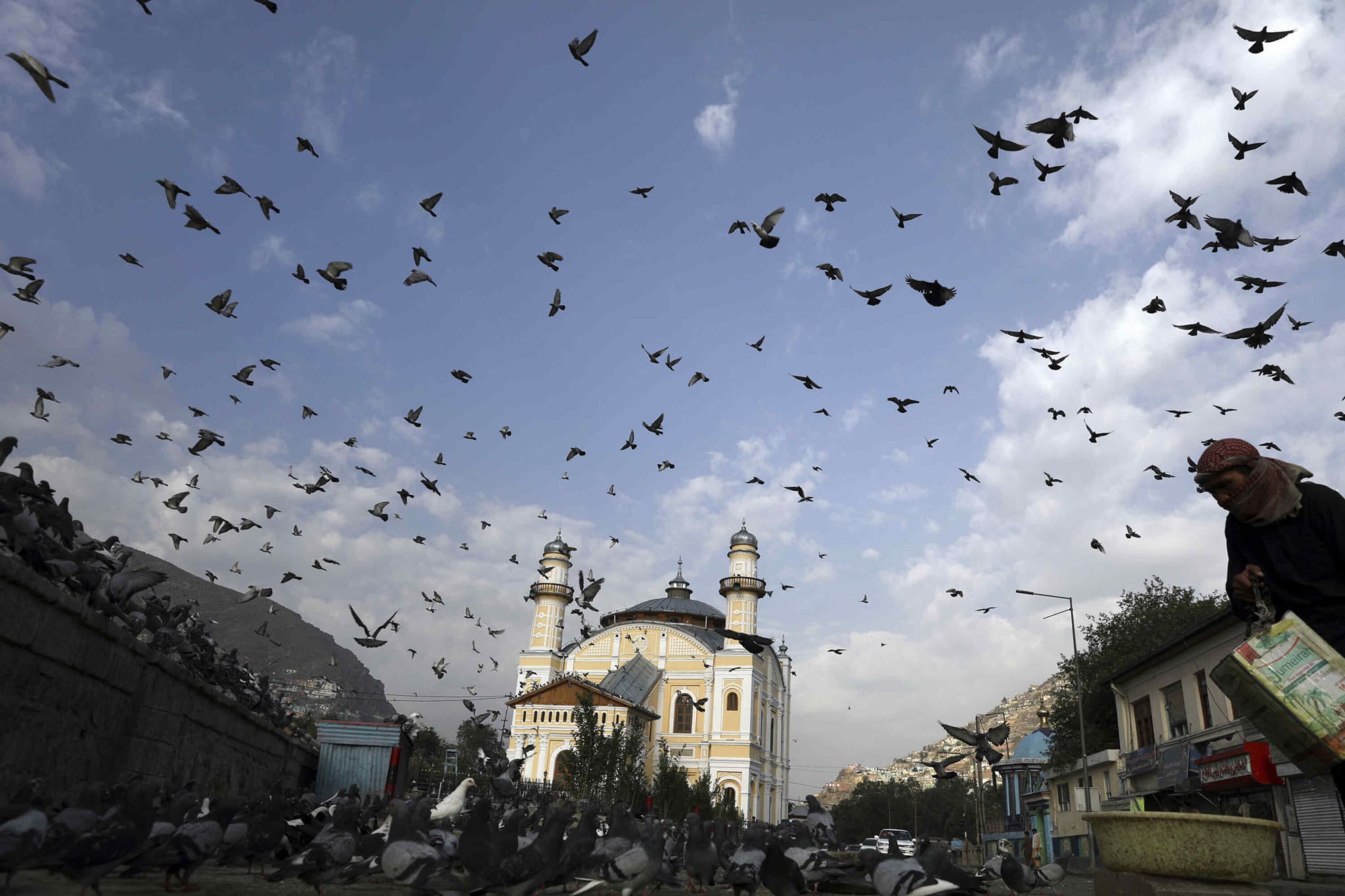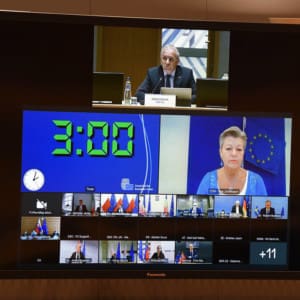Germany provided funding for a mosque to be constructed in Afghanistan, which later served as a home of radical Islam and anti-Western sentiment, according to Rolf Tophoven, a German terrorism expert, who spoke to Focus weekly.
“A mosque was built in an Afghan village for German money that came from the [German] Foreign Ministry. It was later discovered that the most was speaking out against the West, and the site became a hotspot of Islamist propaganda. It was soon discovered that the ministries involved in the operation in Afghanistan did not communicate with each other. There was no coordination, no focal point. Everyone had their own projects,” he added.
According to him, the mosque serves as an example of how good intentions often had unintended consequences due to the West’s ignorance. He said that perhaps the biggest failing of the West is that it did not fully understand Afghanistan and quickly tried to install democracy there, which turned out to be a fatal mistake.
“Western politicians have never understood the country. For them, it was just a task in a vast, distant land. In a hurry, they wanted to establish democracy and human rights there. The mentality of the Afghans was not understood,” said Tophoven.
“Western values cannot simply be imposed on a country like Afghanistan, and it is certainly not possible to build democracy overnight. It was a fatal misjudgment,” he added.
Why did Afghanistan fall so quickly?
Tophoven said there are several reasons why the Afghan government has surrendered to the Taliban so quickly despite training from Western allies.
“They were badly motivated and didn’t have the will to fight,” says Tophoven.
The army was ethnically mixed. Many soldiers were deployed far from their families and lacked family ties, which undermined morale.
They often did not receive a salary, and the “corrupt clique of army officials” did not care about the fate of the soldiers.
“Despite the training, the Afghan soldiers did not have the ability to fight operationally. They relied on the US, especially for air operations,” Tophoven noted.
In addition, according to him, the Taliban changed and improved combat tactics.
“After the Taliban lost its last base in Afghanistan in October 2001, it switched to guerrilla warfare tactics,” he pointed out.
According to him, a new generation of fighters has grown up, which has studied the guerrilla warfare of small wars of the US army.
“Small flexible cells with a very flat hierarchy have been created all over the country. The goal was to undermine the morale of the Western ‘occupying forces’ and strike at the national level, ” Tophoven explained.
“The guerrilla war has become more massive and professional and could not be won by conventional military means,” he added.
The total lack of coordination and communication in helping this country was also a problem.
The rise of the Taliban in Afghanistan and its future role regarding international terrorism is still largely unknown. The question is whether Afghanistan will become a terrorist hotbed, as it was before 2001.
Title image: Pigeons fly outside Shah-Do Shamshira Mosque in Kabul, Afghanistan, Tuesday, July 20, 2021. (AP photo/Rahmat Gul)





